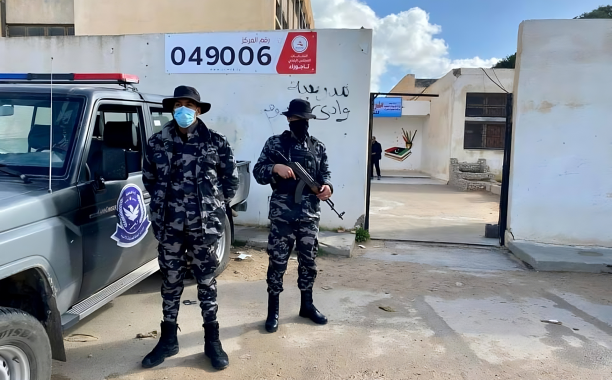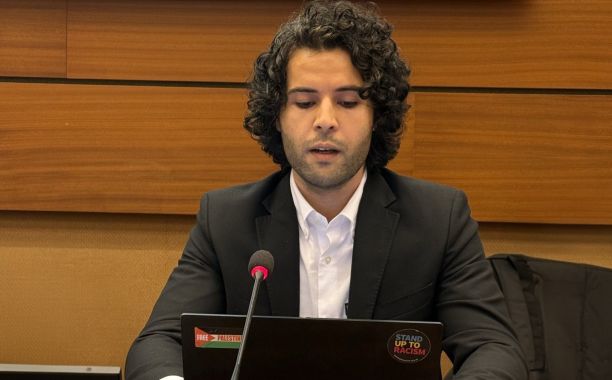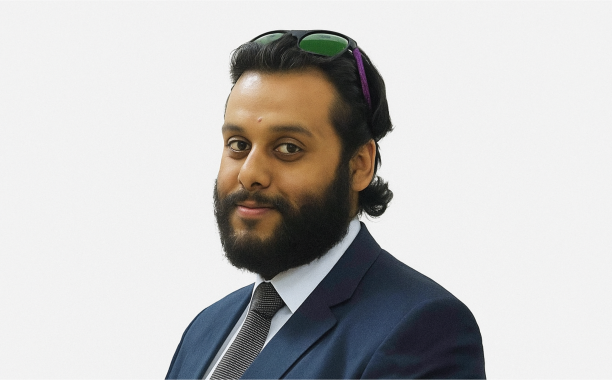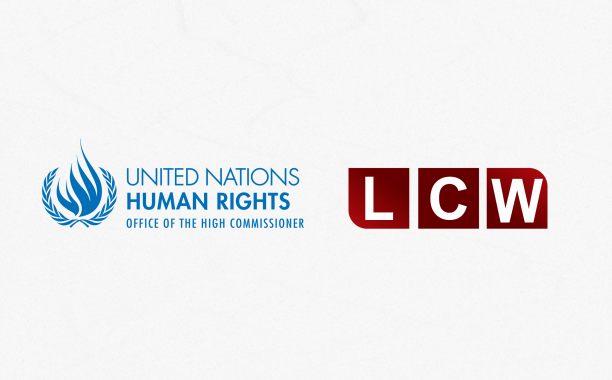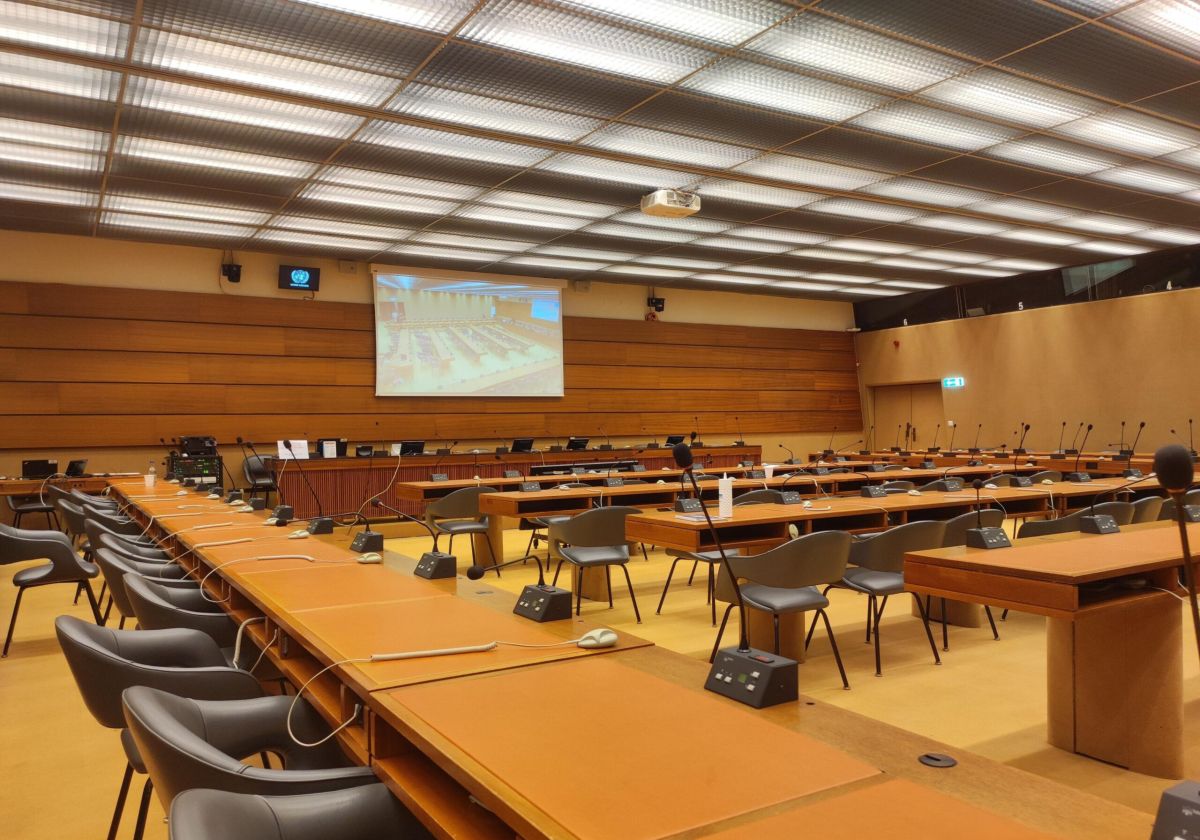
On 17 June 2025, Libya Crimes Watch (LCW) delivered an intervention during a side event organised by the Cairo Institute for Human Rights Studies (CIHRS), held in parallel with the 59th session of the Human Rights Council (HRC) in Geneva. The intervention was part of LCW’s ongoing international advocacy efforts to expose and address the entrenched patterns of human rights violations in Libya.
In its oral statement, LCW focused on the systematic and widespread patterns of grave human rights violations committed across Libya, including extrajudicial killings, arbitrary detention, and enforced disappearances. These violations persist in a climate of entrenched impunity, with a continued absence of genuine national will to investigate or hold perpetrators accountable. LCW also drew attention to the ongoing targeting of activists and their families—including those living in exile—as part of broader policies aimed at shrinking civic space.
LCW emphasised that the persistent lack of domestic accountability necessitates urgent international action. LCW also called for the establishment of an independent international investigative mechanism to examine serious violations in Libya. It also proposed alternative pathways, such as expanding the mandate of the Office of the High Commissioner for Human Rights (OHCHR) or appointing a Special Rapporteur on the human rights situation in Libya, to ensure continued monitoring and accountability.
Nour Khalifa, LCW’s Communications and Outreach Officer, commented:
“What our reports reveal are not merely statistics; they represent a harrowing reality in which civilians endure systematic abuses, including detention without trial, silencing of voices, and prisons that operate only to return dead bodies.”
In parallel with the event, LCW held several meetings in cooperation with its partners, including the International Commission of Jurists (ICJ). engaging with a number of UN mechanisms, such as the Working Group on Enforced or Involuntary Disappearances (WGEID), and met with representatives of state missions, including France. These meetings highlighted the ongoing serious violations in Libya and reinforced the urgent need for an independent international accountability mechanism.
This intervention forms part of LCW’s sustained advocacy, carried out in partnership with other organisations and coordinated with international stakeholders. The initiative is grounded in a comprehensive approach that prioritises documenting serious violations, amplifying victims’ voices, and mobilising international pressure to urge Libyan authorities to uphold their human rights obligations.
